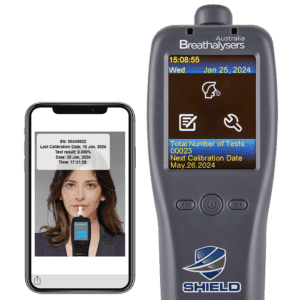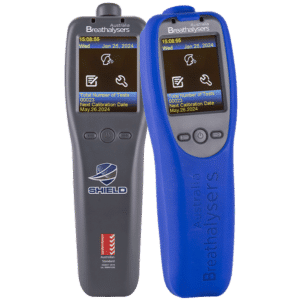What is a DIC Driving Charge?
03 November, 2021
A lot of people, young and old, enjoy celebrations or parties. Consumption of alcohol increases on such occasions. While the intake of alcohol increases, the self-control decreases. The problem in alcohol drinking arises when the person supposedly has to keep their alcohol drinking to a minimum or none at all; especially if they have to drive home after. Unfortunately, many people are found to commit DIC driving (drunk in charge driving).
DIC driving charges for nineteen years old or below
When a person drives beyond the legal limits of alcohol, they commit a serious offense to the state. In countries like New Zealand, DIC driving is strictly monitored and adhered to. You are not allowed to drive if you even have the slightest sip of alcohol at nineteen years old or below. Drivers twenty years of age or older have to keep their alcohol content in check; and to keep within the legal limit set by New Zealand laws; which is to have not more than breath alcohol concentration or BAC of 250 mg per litre of breath or 50 mg of alcohol per 100ml of blood.
Being caught drink driving can be messy. You will be penalized with a DIC driving charge and can have lasting repercussions to you and your police records. It can be costly too. Depending on the amount of alcohol found in your breath or blood test, the offense if you are under twenty years old is an infringement notice or a fine of up to $2,250; and up to three months in prison and suspension or disqualification of your license.
For twenty years and older
For twenty years and older, the first and second offense of having a BAC of 80 mg to 160 mg per litre of breath will cost you up to $4,500 in fine, imprisonment of up to three months, and disqualification of up to six months or more. Committing the same DIC driving offense for the third time and more can cost you up to $6,000 fine, up to two years imprisonment, and one year or more of driving license disqualification. However, the court can impose an alcohol interlock disqualification with three-month disqualification period if you are found with BAC of more that 160 mg per litre of breath or 800 mg per 100 ml of blood.
An alcohol interlock disqualification is given if you are convicted of DIC driving. Your driving license will be canceled for some time, and you cannot apply for a limited license. Once the disqualification period is over, you may apply for an alcohol interlock license; which will only allow you to drive with an approved alcohol interlock device installed in your vehicle.
Overall, if you are dealing with DIC driving charges, you may appeal for reduced penalties and fines with the help of a competent lawyer and sound legal advice. Alternatively, consider getting a BACtrack breathalyser to avoid getting charges in the first place.
Related Articles:






























